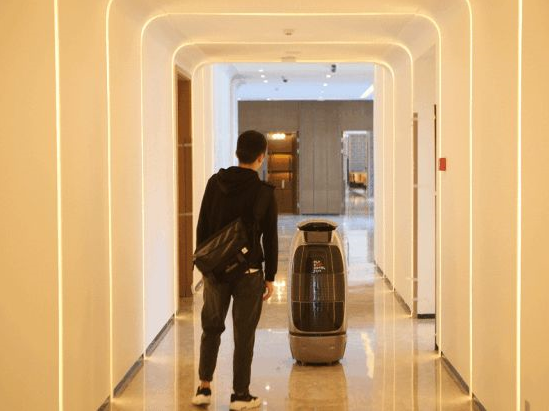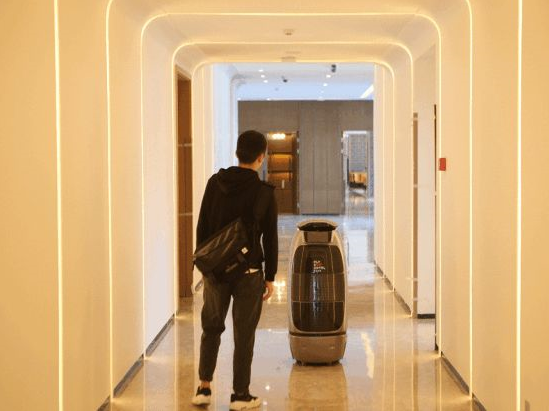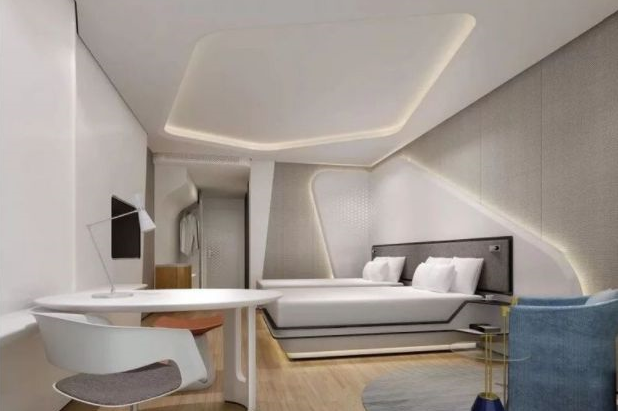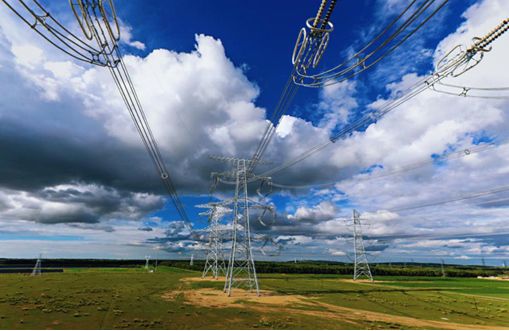The future hotel of "Fei Zhu Bu Ke"
2018-11-29

Recently, Alibaba opened an unmanned hotel in Xixi, Hangzhou, which is another smart management model following the unmanned supermarket. The hotel is called FlyZooHotel in English, and its official Chinese name is “菲住布渴”. This hotel is filled with various smart technology elements, from booking and check-in to check-out, most services are provided by robots, and there are no human staff present throughout the process.

How does this “菲住布渴” future hotel achieve its services?
When travelers enter the hotel, there are no staff waiting at the front desk; the reception is handled by robots. Through electronic display screens, travelers can check in using facial recognition. The elevators in the hotel are also equipped with a touchless control system, so guests do not need to press buttons; the elevator will automatically stop at the desired floor. Upon entering the room, travelers do not need to use a key card but can check in using facial recognition through a smart device installed at the door. The air conditioning, lighting, curtains, and other devices in the room do not require manual operation; guests just need to give commands to the “Tmall Genie” and everything can be done while lying down. Food delivery is also operated by robots, and after checking out, travelers can settle their bills through a dedicated hotel app. Does this scene give you a sense of futuristic technology?
Insiders have stated that the efficiency of staff in future hotels is 1.5 times that of traditional hotels of the same level and scale. However, due to high costs, it is difficult to establish such “future hotels” nationwide. Nevertheless, the various technologies and terminals of the “future hotel” are worth learning from for hotel practitioners.
Insiders pointed out that the “unmanned hotel” as a newly emerging hotel management model has subverted the traditional concept of hotels. In traditional hotels, aside from differences in hardware facilities, the biggest difference is the level of service provided by staff. In an unmanned model, personnel costs are greatly reduced, and the factor of “people” gradually diminishes, with more emphasis on hardware facilities to enhance user service experience. However, humans inherently have a need to communicate emotionally with their peers. This lack of human touch may be a significant factor, aside from costs, that hinders the development of “unmanned hotels”. “Many times, we need to communicate face-to-face with people, and it’s not just about pursuing high efficiency, which robots find hard to achieve, thus they cannot truly replace human staff.”

The “unmanned hotel” reflects the progress of related technologies such as artificial intelligence, big data, and robotics, representing a form of human advancement. However, the replacement of human services and work by artificial intelligence and robots is a long process.
Previous Page
recommend News
The two-day team-building event of Zhonglian Kechuang has concluded perfectly.





